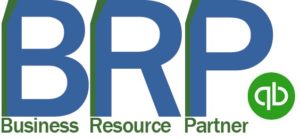About two months ago, I met a young man full of enthusiasm to start his own business providing lawn services. The momentum was lost after a few weeks and he abandoned the idea. You may think he gave up, however, it was the capital that dried up. He purchased a used trailer that ended up using all his financial resources in repairs.
Starting any business is more than an idea – it is a combination of the idea, the working capital, the resources, the business environment, and the government rules and regulations. By following the basic startup steps, you are not guaranteed success, however, the likelihood increases significantly when you follow these steps.
- Create a Business Plan
- Secure financing for your business
- Decide on the legal structure
- Register your Business
- Register for the federal and state taxes
- Get your business licenses and permits
- Understand your responsibilities as an Employer
Contact your BRP Business Development team today to help you with your business startup! (321) 236-2771.
310 Almond Street, Clermont FL 34711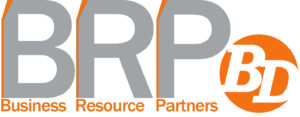
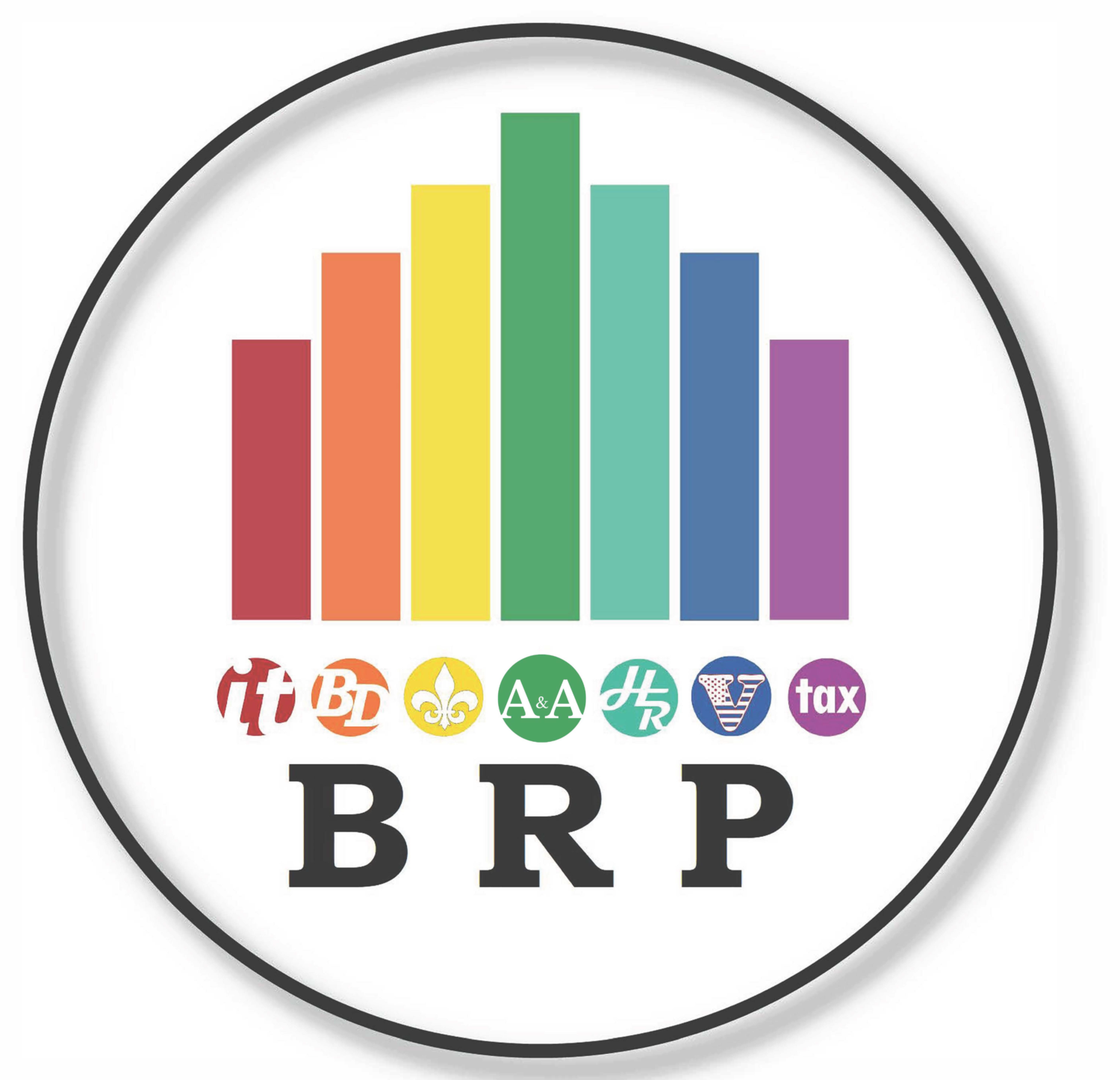
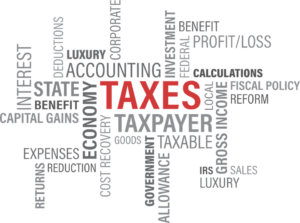
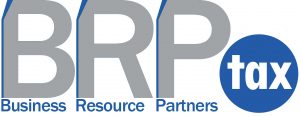
 If you cannot pay your taxes in full by the April 18th deadline, here are four things you should know according to the
If you cannot pay your taxes in full by the April 18th deadline, here are four things you should know according to the 
 Protecting your personal information such as social security number and finances is always important any time of year, but most importantly during tax time.
Protecting your personal information such as social security number and finances is always important any time of year, but most importantly during tax time.

